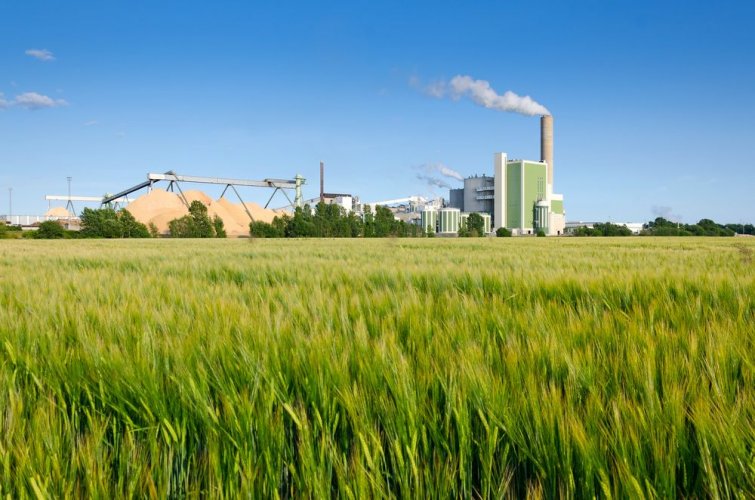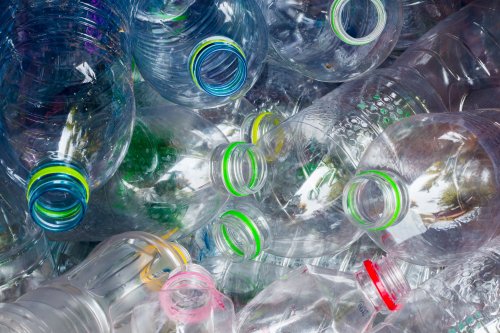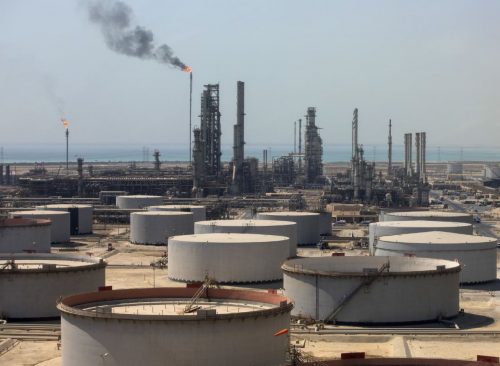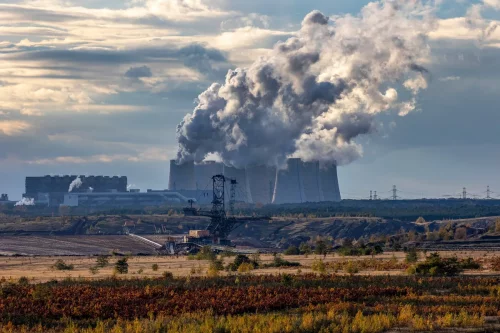Specialists of the Association of Environmental Professionals (PAEW) have analyzed and criticized the draft order of the Ministry of Environmental Protection and Natural Resources regarding the improvement and simplification of the preparation of documents, which justify the volumes of emissions of pollutants into the atmospheric air from stationary sources.
The document contains norms that contradict current legislation, uncertain terms and increases administrative pressure on enterprises, reports the Office of Sustainable Solutions.
It is noted that in the draft order of the Ministry of Environment "On the approval of the Instruction on the requirements for the preparation of documents justifying the volumes of emissions of pollutants into the atmospheric air by stationary sources" a certain composition of documents is proposed for each group of objects. Depending on the degree of impact of the facility on air pollution, enterprises are divided into the following groups:
- the first – objects that are included in the state register and have production or technological equipment, on which the best available technologies and management methods must be implemented;
- the second – objects that are included in the state register and do not have production facilities or technological equipment, on which the best available technologies and management methods must be implemented;
- the third – objects that do not belong to the first or second groups.
The article emphasized that, according to experts of the Ministry of Environment, the new order will contribute to the improvement and simplification of the procedure for the preparation of documents justifying the volume of emissions.
However, PAEW's analysis found that the order:
- introduces stricter requirements for objects of the third group;
- offers a more detailed presentation of information on:
- comparison with previous data;
- details of emission sources;
- compliance with environmental protection measures to reduce emissions;
- compliance with the legislation of proposals regarding the permitted volumes of emissions.
- requires specifying information that is at the disposal of other subjects;
- expands the list of primary data that is proposed to be provided as part of the documents;
- suggests the use of codes and names of production and technological processes of the EMER/EEA Emission Inventory Guidebook (Guide for the inventory of atmospheric emissions CORINAIR), which are not approved at the appropriate level. This contradicts the requirements of legislation, in particular the Law "On International Treaties of Ukraine";
- introduces the responsibility of the business entity for the accuracy and reliability of the information contained in the Documents justifying the volume of emissions for obtaining an emission permit, in particular, which were submitted by an authorized person.
It is noted that the order also does not define the term "thermal power plant" and the requirements for boiler plants in the part regarding the established criterion of the "total total" capacity of the equipment over 50 MW in relation to its application to specific units of the equipment.
"Unequivocally, the Ministry of Environment refers to the protection of the rights and legitimate interests of business entities, the reduction of administrative pressure on business, the elimination of relevant regulatory barriers, and the simplification of the procedure for the business entity's preparation of documents justifying the volume of emissions in order to obtain a permit for emissions of pollutants into the atmospheric air by stationary sources, as a basis for changes, sounds at least cynical," said the president of the PAEW Association Lyudmila Tsyganok.
Earlier, EcoPolitic wrote, that the professional association of ecologists of Ukraine (PAEU) accused the Ministry of Environmental Protection and Natural Resources of complicating the environmental impact assessment (EIA) procedure, while the European community is simplifying it.
Previously, EcoPolitic analyzed the reasons for Ukraine's lagging behind in the development of environmental policy.





